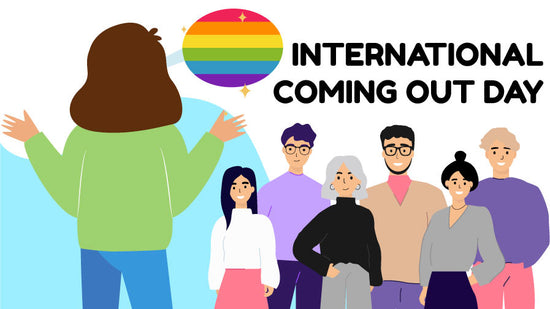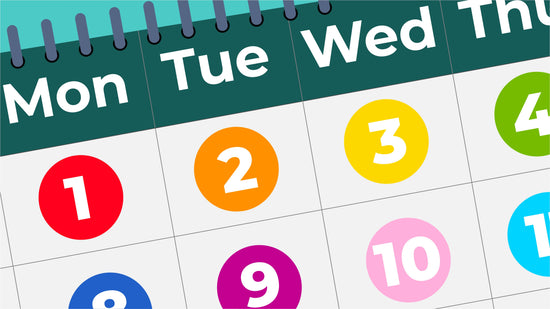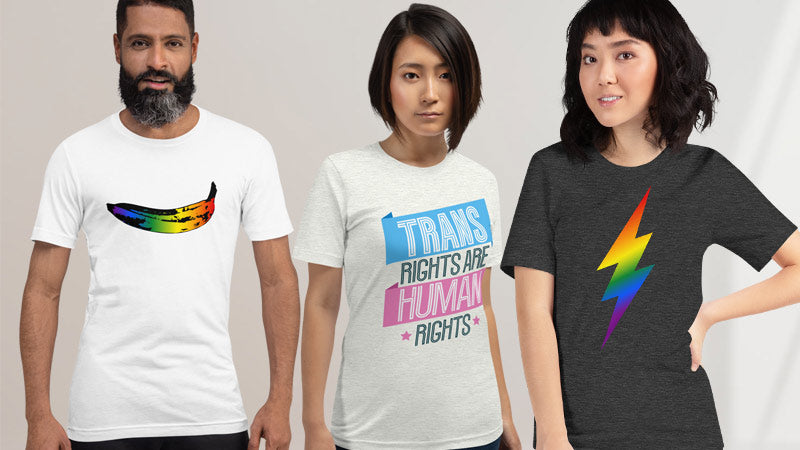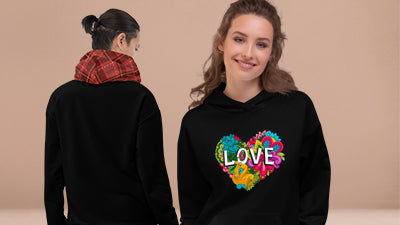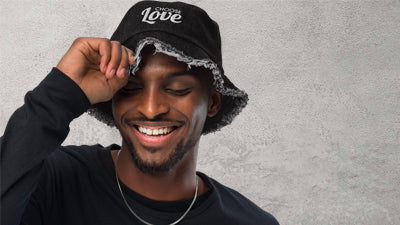What Is Asexuality And How Does It Feel To Be Asexual

What Is Asexuality
People who identify on the Asexual spectrum either do not feel sexual attraction to others, or they feel sexually attracted at a significantly lower level than the general population.
It’s a valid and distinct sexual orientation, just like heterosexuality, homosexuality or bisexuality. It's one of the 'A's in LGBTQIAA and as such those in the Asexual spectrum are just as important and valued in our community as any other identity.
It's important to remember that Asexual people may still experience romantic attraction and have wonderful intimate relationships, but their lack of sexual attraction does not define their relationships or their identity.
Having said that, one of the main intersectional identities within the LGBTQ+ spectrum is Asexual/Aromantic or AroAce. Anyone identifying this way doesn't experience either sexual or romantic attraction or very little of each or either.
Some Asexual people may engage in sexual activity for various reasons, such as fulfilling their partner's needs or exploring their own sexuality. However, this does not negate their Asexual orientation.
Ace Week
Ace Week (formally Asexual Awareness Week) is an annual event to promote awareness around the issues faced by Ace people and drive advocacy and visibility of people who identify as Asexual. It allows the community, led by the amazing people at aceweek.org to, focus on education and to campaign for greater acceptance and understanding of asexual spectrum identities.
It's always held in the last full week in October, and starts on a Sunday, so in 2025 it will be held between 19th and 25th of October and has been going since 2011. You can take part by joining any of the online events available through the aceweek.org website or look for Ace Week events within your local LGBTQ+ centre.
The critical thing is to be able to talk openly about lived experiences and be as visible as possible so that other people, who may have spent years trying to understand why they not sexually attracted to anybody can relate to those experiences and better understand themselves.
International Asexuality Day
International Asexuality Day is a coordinated worldwide campaign held annually on April 6th promoting asexuality, demisexuality, grey-asexuality and other identities under the Ace umbrella. The four themes of IAD are:
- Advocacy
- Celebration
- Education
- Solidarity
It was co-founded by amazing Ace activist Yasmin Benoit and first held in 2021 with the aim of validating and normalising Ace identites.
Yasmin has become one of the leading voices around Asexuality and has written for British Vogue, DIVA Magazine and Attitude amongst others and who, in 2023, was the first Ace Grand Marshal of NYC Pride. She also founded the UK's first Asexual rights initiative #ThisIsWhatAsexualLooksLike and has partnered with Stonewall to create the Stonewall x Yasmin Benoit Ace Project, to examine Asexual discrimination in healthcare, the workplace and education.
What It Feels Like To Be Asexual
Many asexual people face significant challenges in a world that puts so much emphasis and value on sex and sexual attraction, and that means that many Asexual people feel isolated or misunderstood. We asked an asexual friend of The Rainbow Stores to tell us about their experience.
“I know some people who have always been asexual and say it just feels completely natural, but I struggle with it and I often feel confused or isolated.
“For me the worst part is that pressure to conform. We’re a small section of society and people don’t understand us at all. They just don’t get what it feels like. So they don’t make space for us.
“I’m super romantic, but finding romantic relationships is often tricky. Partners who understand and accept my asexuality are really rare. So I have felt pressure to engage in sexual activity to maintain a relationship. I often felt the pressure to have sex and I’m expected to enjoy it, even if I didn't feel comfortable with it. It’s made me shy away from dating in the past and that made me feel lonely.
“You’d be amazed at how many conversations are about sex and feeling sexual towards someone. And I feel really excluded from those conversations, which can make me feel even more isolated.
“I’m lucky at the moment in that I have a partner who is also asexual. And we have an amazing relationship that's just built on love, being there for each other and romance. And it feels amazing. But I do feel scared sometimes about this relationship ending because of how hard it is to find someone. So I maybe make more concessions than other people may do.
“I wish more people knew how this feels. Being asexual is super complex. We don’t see much talk about asexuality. It’s almost like people see it as some kind of disability. “Oh you poor thing” is a common response when I tell people. I just would like others to understand us better so they could accept our needs more readily. I don’t want pity, I want understanding and acceptance.”
Check Out our asexual range
What Issues Do Ace People Face
Asexuality is an orientation we have only been introduced to and openly talking about for a relatively short time. So awareness of what it means is very limited.
And there's a lot of stigma and misunderstanding around it. We live in a world obsessed with sex and many people's ultimate goal is to find their perfect romantic love and to love and be loved by that person. So when someone doesn't feel that way they are often branded as abnormal or even having a mental illness.
This is incredibly damaging. Having your identity denied is bad enough, but to be stigmatised further can leave many Ace people scarred for life.
It's critical that people understand that being Ace is not a disorder or a choice. It is simply a part of someone's natural sexual orientation.
The Asexual Flag
This flag is one of the few pride flags that was created not by an individual but by the community themselves in 2010. The flag was chosen by vote from a choice presented to the AVEN community (Asexual Visibility and Education Network).
The meaning of the colours is: black for asexuality, Grey for other asexual-spectrum identities including demisexuality and greyasexuality; White for allosexuality, and purple for the asexual community.

How to Support Asexual People
If you want to support an asexual person, here are some things you can do:
- Educate yourself about asexuality: Take the time to learn about asexuality and what it means to be asexual. This can help you understand and support the person better.
- Respect their identity: Asexual people often face a lack of understanding and acceptance in society. It is essential to respect their identity and avoid questioning or invalidating their experience.
- Be a supportive listener: Listen to the person without judgment and be open to their experiences and feelings. Let them know that you are there for them and willing to support them.
- Avoid making assumptions: Don't assume that asexual individuals are "broken" or that their lack of sexual attraction is due to past experiences or trauma. Asexuality is a valid and natural sexual orientation, and it's important to respect that.
- Avoid pressure: Don't pressure the person to engage in sexual activity or assume that they will eventually "grow out" of their asexuality. Allow them to express themselves and their boundaries in their own way and time.
- Be an ally: Stand up for asexual individuals and promote acceptance and understanding of all sexual orientations. Advocate for asexual representation and inclusion in media and society.
Overall, the best way to support an asexual person is to be respectful, understanding, and supportive. It's essential to listen to them without judgment and be willing to learn and grow together.
What’s The Difference Between Asexuality and Demisexuality
The main difference between asexual and Demisexual people is in the level of sexual attraction experienced.
While Asexual people have little or no sexual attraction and this lack of sexual attraction is a consistent aspect of their sexual orientation.
On the other hand, people who identify as Demisexual may experience sexual attraction, but only after developing a strong emotional connection with someone. Demisexual people typically do not experience sexual attraction towards people they don't have an emotional connection with. In other words, sexual attraction for Demisexuals is more context-dependent and is often tied to emotional intimacy and connection.
Both asexual and Demisexual people may still experience romantic attraction and desire intimate relationships, but the level of sexual attraction differs.








